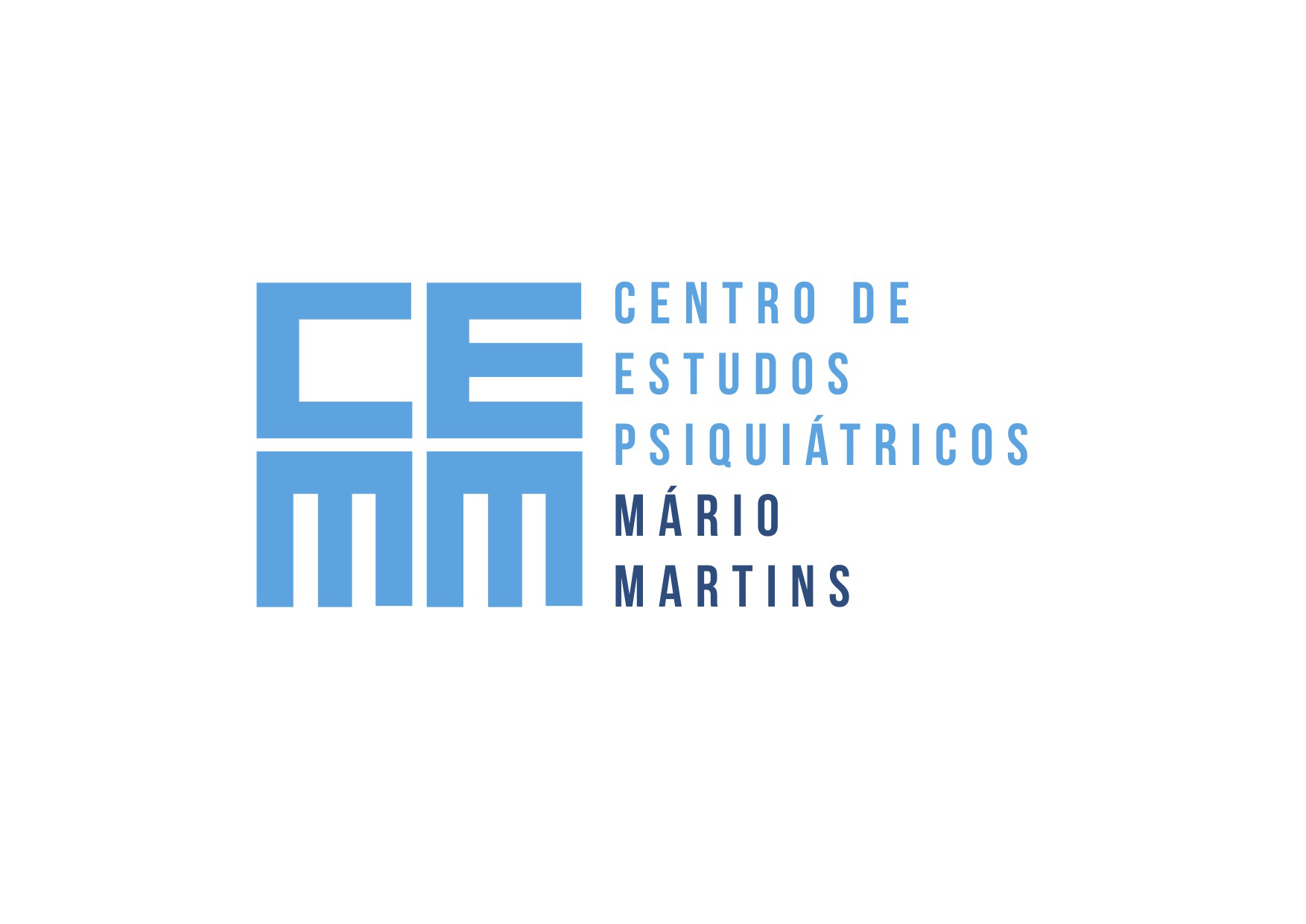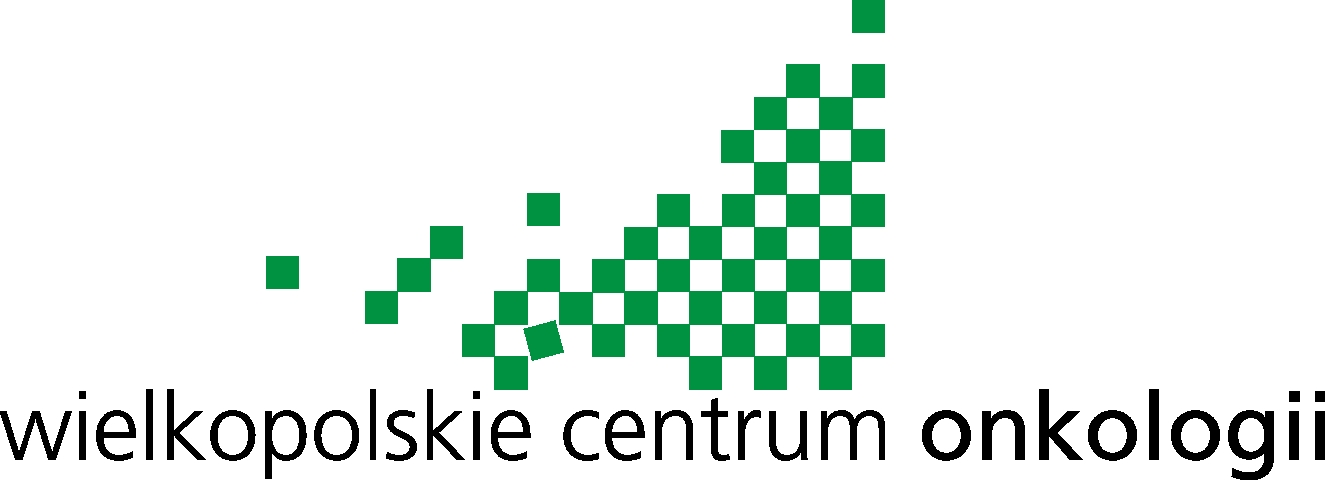SUPPORTING STUDENT SELFREGULATION LEARNING PRESENCE THE COMPONENTS OF LEARNING
AFRICA REGIONAL TRAINING WORKSHOP (ANGLOPHONE) SUPPORTING COUNTRIESSUPPORTING INFORMATION RAPID MICROWAVE SYNTHESIS AND OPTICAL
11 NOVEMBER 2008 [1908] SUPPORTING DOCUMENT 1 POLICY
1107GE_Statement_Supporting_Motion
16190%20Supporting%20Devices
182 WHITE PAPER ON A FRAMEWORK FOR SUPPORTING VOLUNTARY
Supporting student self-regulation: Learning presence
Supporting student self-regulation: Learning presence
The components of learning presence
The following table provides a more detailed explanation of the
stages of the learning presence cycle.
As you read
through the table, think about the kinds of group activities that you
might design that will call upon students to engage in such
collaborative learning. How will you best support their efforts to
work together to achieve the goals of collaborative/joint knowledge
building? How can you best support self- and co-regulated online
learning, i.e. learning presence?
|
Categories |
Indicator |
Description |
Example |
|
Forethought/ planning |
Goal setting |
Deciding upon specific actions and outcomes. |
‘At the end of next week, as a team, we have to submit a summary of our discussion points.’ |
|
Planning |
Deciding on methods/strategies appropriate for the task. |
‘Why don't we list (all of us) what we perceive to be the cons of outsourcing?’ |
|
|
Coordinating, delegating or assigning tasks to self and others |
Distributing, sequencing tasks and sub-tasks to others/self for future completion. |
‘Are you picking this [task] up next?’
‘I will take care of the intro and the summary. I have to work all night tonight. I will submit it for the group tomorrow evening sometime.’
|
|
|
Monitoring and strategy use (performance) |
Checking for understanding
|
Seeking verification of understanding of tasks, events or processes. |
‘…Are we sure that everything has been cited correctly?’
‘I submitted my proposal a couple of different ways but don't know if it is viewable to the class. I don't see anybody else's either. Is there something I am missing?’
‘If we paraphrase…I am pretty sure the in-text citations are not required. You can check:
|
|
Identifying problems or issues |
Identifying difficulties related to materials, technologies, understanding (e.g. confusion) etc. that interfere with completion of tasks, performance, products or other outcomes. |
‘I believe the assignment is 500 words or less so we may need to skimp down a bit.’
‘...then I realise that it has scrambled my idea of what I thought I knew.’
|
|
|
Noting completion of tasks |
Comments which indicate that certain tasks or activities have been finished to support the attainment of a goal. |
‘I did some research and then typed up the employer section.’ |
|
|
Observing or monitoring during performance and taking corrective action |
Statements that monitor individual or group performance that result in corrective action based on feedback or reflection. |
‘I think we need a solid intro and conclusion. As the paper stands now, we have none.’ |
|
|
Appraising personal interest, engagement or reaction |
Comments about self or others' engagement, interest, commitment or participation. Also includes personal ‘reactions’ to tasks, materials and activities. |
‘As I travel extensively for my job, my interaction is a bit sporadic.’
‘I found that information [in the chapter] all new and a little scary.’ |
|
|
Recognising learning behaviours of self or group (i.e. metacognitive knowledge) |
Statements about individual or group's preferences, strengths or weaknesses as learners. |
‘I am more of a hands-on learner.’
‘I am one…who likes to explore new programmes and put together an object without reading directions.’ |
|
|
Advocating effort or focus |
Encouraging others to contribute or focus on tasks, materials and activities. |
‘Has everyone contributed their pieces?’
‘I'd encourage my classmates not be intimidated by the boring title of "ethics”.’ |
|
|
Noting use of strategies |
Statements which illustrate that students are mindful and aware of the strategies that they are using. |
‘I was almost hyperventilating, so I decided to stop and think what I would do next in order to make my endeavour to read more productive.’
‘I decided to extract concepts from the graphic organiser on page 26 and Google each word to try and make sense of how the concepts tie together.’ |
|
|
Seeking, offering or providing help |
Requesting, offering, or providing assistance related to learning materials, tasks, processes or products. |
‘If you need any assistance, please let me know what I can do to help you out.’ |
|
|
Reviewing |
Comments noting the need to review or the completion of reviewing content related to the course. |
‘I would need to refer to this chapter in order to review the principles of this philosophy.’ |
|
|
Noting outcome expectations |
Statements in which students acknowledge the relevance of current tasks or processes to a future outcome. |
‘At present, all I know is that grasping the epistemology of inquiry will help me read research in a more informed and holistic way.’
‘As I grow in the doctoral programme I fully expect to read…with more foresight.’ |
|
|
Seeking/offering additional information |
Looking beyond course content and materials to locate additional information to deepen understanding. |
‘The answer to my question was provided by The “Research Methods Knowledge Base” (Trochim 2005.)’
‘I went to AERA's website and it looks like the Foreword has been updated since the book was published.’ |
|
|
Reflection and re-thinking |
Change in thinking |
Statements that indicate a change in thinking as a result of process, product or outcome. |
‘I can now understand some of their points and I feel the biggest misconception I had was that outsourcing does not necessarily entail taking jobs out of the country.’
‘This issue is not as simplistic as I once thought…’
‘It was a huge eye-opener for me when I viewed interactions through this new lens.’ |
|
Causal attribution of results to personal or group performance |
Statements in which students credit their results to their performance (i.e. use of forethought/planning, monitoring, strategies). |
‘I think this was because I was now able to make associations with time periods.’ |
612 SUPPORTING MATERIALS COVI HTTPWWWSCILSRUTGERSEDU7ECOVICLASSES17610510 BELKIN HTTPWWWSCILSRUTGERSEDU~BELKIN51004HTML
A COLLEGIATE APPROACH TO SUPPORTING STAFF TO DEVELOP THEIR
A N INTRODUCTION TO DUBLIN CORE UKOLN SUPPORTING THE
Tags: learning presence, to learning, learning, selfregulation, student, supporting, components, presence
- P OLICY EXCURSIONS TOURS CAMPS AND ACTIVITIES EXCURSIONS
- JAKINARAZLEAREN DATUAK ESP ZK DATOS DELLA COMUNICANTE Nº EXP
- CRCCGC15 UNITED NATIONS CRCCGC15 CONVENTION ON THE RIGHTS OF
- 4SOĞUK DEPO ISI YALITIMI PROJELENDIRMEDE DIKKAT EDILECEK KONULAR SOĞUTMA
- CHARLES G STARR ALBUM CONTENTS UNDATED RETIREMENT ANNOUNCEMENT RECAPPING
- TRGOVAC (NAZIV POSLOVNOG SUBJEKTA) ADRESA SJEDIŠTA
- GENERAL INFORMATION SHEET UNIVERSITY COLLEGE UTRECHT 20152016 FULL NAME
- TRANSMISSION ELECTRON MICROSCOPY CHARACTERIZATION OF THE DISLOCATIONS AND SLIP
- SOCIAL SCIENCE CURRICULUM OBJECTIVES THE WEBSITE WWWTHEPROWORGNZ
- na Temelju Članka 28 Zakona o Komunalnom Gospodarstvu (narnov
- LEGISLATINA LEY ORGÁNICA DE LOS PARTIDOS POLÍTICOS DE ARGENTINA
- AL TRIBUNALE DI IMPERIA SETTORE CIVILE N
- OPTIMIZE YOUR RESEARCH BOVINE RETINOLBINDING PROTEIN 3 RBP3 ELISA
- LEHRERHEFT 17 ETH INSTITUT FÜR VERHALTENSWISSENSCHAFT WEIZEN EIN LEITPROGRAMM
- PRIVACY IN ISLAM AND IRANIAN LAW MOHAMMAD HABIBI MOJANDEH
- S E2302 EPTEMBER 16 2009 TERMS OF REFERENCE ENVIRONMENTAL
- RECORD OF HEALTH AND SAFETY INDUCTION TO BE CONDUCTED
- SAMENVATTING VAN WETENSCHAPSWINKELRAPPORT VAN MISVERSTAND TOT MEERTALIGHEID DOOR FIONA
- COMMERCIAL FISHERIES EXTENSION PROGRAM REDUCING BYCATCH AND INCREASING
- SECTION 8 EXISTING HOUSING PROGRAM CONTRACT RENT ANNUAL ADJUSTMENT
- SPANISH LESSON PLAN BASIC CONVERSATIONS IN SPANISH1 GRADE LEVEL
- ASEGURAMIENTO SANITARIO REGISTROS SANITARIOS Y TRAMITES ASOCIADOS FORMATO LISTA
- ®SLOWTRASICOR CIBA OXPRENOLOL HYDROCHLORIDE INFORMATION FOR PATIENTS WHAT YOU
- NAME DATE CLASS PICTURE BOOK PROJECT
- AKTUALIZÁCIA ZÁKLADNÝCH PRÁVNYCH NORIEM V ŠKOLSTVE K 192012 UPRAVUJÚCICH
- SPANISH 1 SPRING STUDY GUIDE UNIDAD 4 – ESPAÑA
- PISMO (GOVOR) INDIJANSKOG POGLAVICE SEATTLEA IZ 1854 GODINE UPUĆENO
- ŹRÓDŁA I PRZYCZYNY KONFLIKTU ZBROJNEGO NA UKRAINIE W UJĘCIU
- Vacancies for Independent United Nations Experts of the Human
- GREENER VIRGINIA – HEALTHIER ENVIRONMENT HEALTHIER LIVES A WORLD
ZAŁĄCZNIK NR 2 DO ZO621BD PROJEKTOWANE POSTANOWIENIA UMOWY KTÓRE
 SPAIN STUDY TOUR ITINERARY TUESDAY JANUARY 12 2010 OVERNIGHT
SPAIN STUDY TOUR ITINERARY TUESDAY JANUARY 12 2010 OVERNIGHT42 HIPÓTESIS REPRESIVA E HIPÓTESIS PRODUCTIVA FECUNDIDAD Y LÍMITES
ANEXO 45 COMUNICACIÓN DE LA REVOCACIÓN DEL REPRESENTANTE LEGAL
21 LESNÍ CESTA PALOUK REÁL – EXTERIÉR – NOC
UNDERVEIS SAMFUNNSKUNNSKAP 810 – BOKMÅL AV MARY M
MODEL DE CONTRACTE DE COMPRAVENDA DUNA BICICLETA USADA ENTRE
HORIZONS A LESSON 141 1 WORE ONLY NEXT SOMETHING
ELEKTRONOVÝ OBAL ATOMU CHARAKTERISTIKA OBAL ATOMU JE
 SAMODZIELNY PUBLICZNY ZAKŁAD OPIEKI ZDROWOTNEJ W KRAŚNIKU
SAMODZIELNY PUBLICZNY ZAKŁAD OPIEKI ZDROWOTNEJ W KRAŚNIKU TEMA 67 OBLIGACIONES DEL VENDEDOR CONSERVACIÓN DE LA COSA
 2 CURSO DE ESPECIALIZAÇÃO EM PSIQUIATRIA PROF DAVID ZIMMERMANN
2 CURSO DE ESPECIALIZAÇÃO EM PSIQUIATRIA PROF DAVID ZIMMERMANN LUNCHES – DINNERS EL CURANTO EATING OUT WITH
LUNCHES – DINNERS EL CURANTO EATING OUT WITH WIELKOPOLSKIE CENTRUM ONKOLOGII WNIOSEK ŻĄDAŃ OSOBY KTÓREJ DANE DOTYCZĄ
WIELKOPOLSKIE CENTRUM ONKOLOGII WNIOSEK ŻĄDAŃ OSOBY KTÓREJ DANE DOTYCZĄ IP 98 AGENDA ITEM CEP 8(A) PRESENTED BY COMNAP
IP 98 AGENDA ITEM CEP 8(A) PRESENTED BY COMNAPVJEŽBA TOČNOSTI I BRZINE UPRAVNI REFERENT OPIS POSLOVA
ZAHTEV ZA ZAPOŠLJAVANJE – JAVNI OGLAS INSTRUKCIJE MOLIM VAS
 B S1 ERKAS UJIAN PROPOSAL PROGRAM SARJANA NAMA
B S1 ERKAS UJIAN PROPOSAL PROGRAM SARJANA NAMAPITANJA I ODGOVORI U VEZI JNMV 22014 1 KO
EMPERORS CLOTHES FASHIONS CAN INVEST 5 MILLION IN A